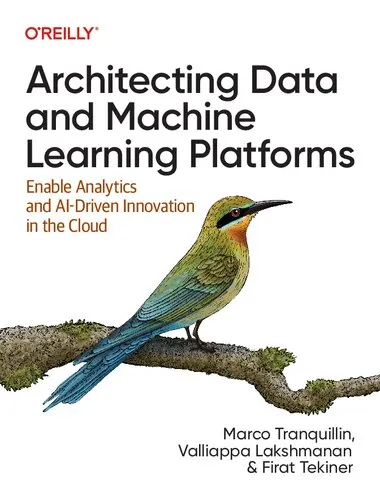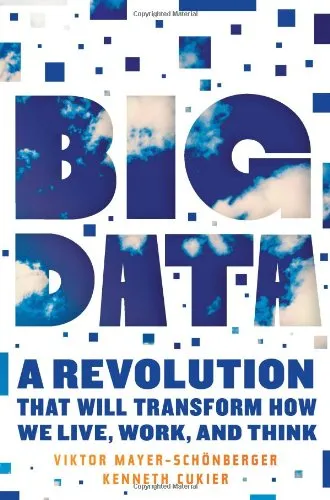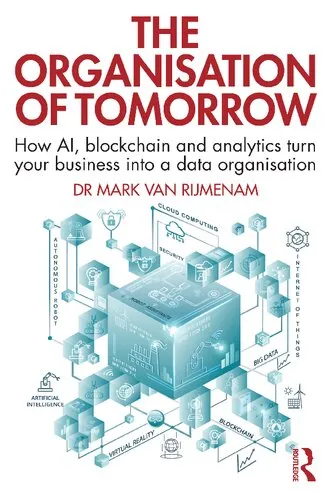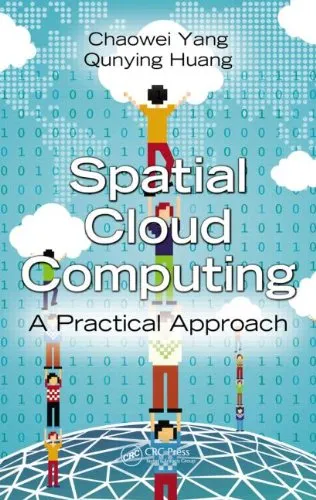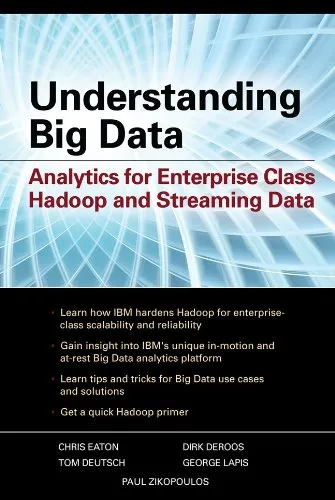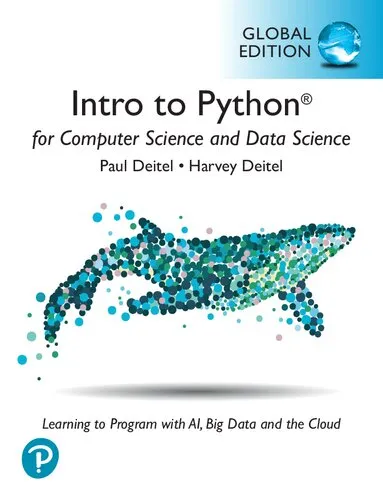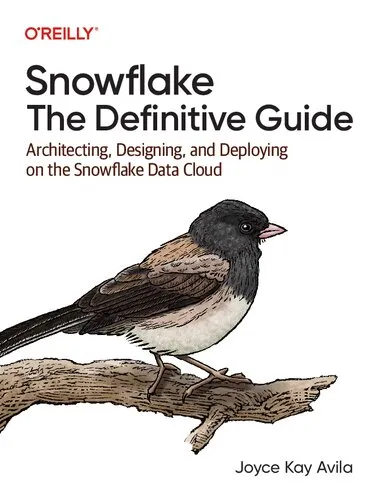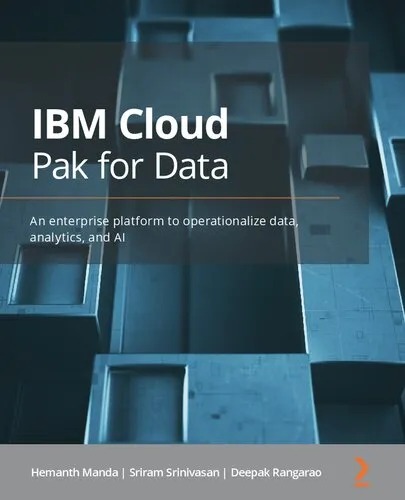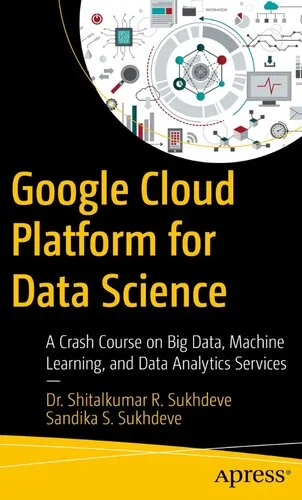Architecting Data and Machine Learning Platforms: Enable Analytics and AI-Driven Innovation in the Cloud
4.5
Reviews from our users

You Can Ask your questions from this book's AI after Login
Each download or ask from book AI costs 2 points. To earn more free points, please visit the Points Guide Page and complete some valuable actions.Related Refrences:
Introduction
In a world driven by data, the ability to harness, leverage, and operationalize information effectively has become a cornerstone for innovation across industries. Architecting Data and Machine Learning Platforms: Enable Analytics and AI-Driven Innovation in the Cloud offers a comprehensive guide designed to unlock the potential of modern data platforms, machine learning (ML) systems, and cloud technologies. This book is not merely a technical manual—it’s a roadmap for organizations and individuals aiming to build robust, scalable, and impactful platforms that serve as the foundation for analytics and AI innovation.
Written by industry experts Valliappa Lakshmanan, Marco Tranquillin, and Firat Tekiner, this book navigates the complexities of data architecture, taking readers from foundational principles to advanced platform design strategies. Whether you're looking to modernize legacy systems, implement cloud-native solutions, or orchestrate end-to-end machine learning pipelines, this book provides practical frameworks, real-world examples, and actionable insights. In particular, the authors emphasize the convergence of data engineering, analytics, and artificial intelligence, propelling readers into the forefront of today’s digital transformation landscape.
Detailed Summary of the Book
The book is structured to balance strategic vision with hands-on execution. The authors cover essential topics including data integration, data processing, governance, and machine learning pipelines, while focusing on the broader goal: enabling organizations to become truly data-driven.
It begins by laying out the fundamentals of modern data architectures, helping readers understand key concepts like cloud computing, big data frameworks, and machine learning's role in data-driven decisions. From there, the book delves into designing scalable data pipelines, implementing real-time processing, and utilizing tools like Apache Kafka, Spark, and TensorFlow. It also examines how companies can utilize cloud technologies such as Google Cloud, AWS, or Azure to meet their evolving requirements.
A significant portion of the book is dedicated to Machine Learning Operations (MLOps), a rapidly evolving discipline that bridges the gap between data science and engineering. The authors discuss best practices for deploying machine learning models into production while keeping them efficient, reliable, and secure. Furthermore, the book tackles the nuances of building platforms that adhere to governance, ethical AI practices, and compliance requirements.
Each chapter is enriched with case studies, providing a closer look at how companies across industries have implemented these solutions. These examples serve to inspire readers, demonstrating how architectural choices can lead to competitive advantages, enhanced decision-making, and significant cost savings.
Key Takeaways
- Design cloud-native data architectures that are scalable, resilient, and cost-effective.
- Understand the end-to-end lifecycle of machine learning—from data acquisition to model deployment and monitoring.
- Master the latest trends and tools in analytics, big data, and artificial intelligence.
- Learn to construct real-time data processing and batch pipelines.
- Gain insights into MLOps and how to operationalize machine learning applications effectively.
- Address ethical considerations and governance while building AI solutions.
- Apply best practices and frameworks that ensure your platforms remain agile and future-proof.
Famous Quotes from the Book
"Data platforms are less about storing information and more about enabling actionability through analytics and machine learning."
"The success of a data-driven organization depends not on the sophistication of its algorithms but on its ability to operationalize insights effectively."
"In the cloud era, scalability is no longer a privilege—it’s a necessity. Architecting for failure and elasticity is the new normal."
Why This Book Matters
As companies strive to harness the full potential of their data, the challenges they face are multifaceted—spanning from technological constraints to organizational inertia. This book goes beyond theoretical frameworks, delivering actionable solutions that streamline the journey from data to insight. It is particularly relevant in today’s cloud-first era, where agility, scalability, and innovation are imperative for maintaining a competitive edge.
Whether you are a data engineer, machine learning practitioner, or technology leader, this book equips you with the tools and knowledge to not only meet current challenges but also anticipate future demands. It demystifies complex architectures and technologies, fostering a deep understanding that allows you to make informed decisions and craft high-performance platforms.
Ultimately, Architecting Data and Machine Learning Platforms is a must-read for anyone looking to thrive in a data-driven world. By bridging the gap between cloud technologies, analytics, and artificial intelligence, it ensures readers are well-equipped to drive meaningful innovation with their data.
Free Direct Download
You Can Download this book after Login
Accessing books through legal platforms and public libraries not only supports the rights of authors and publishers but also contributes to the sustainability of reading culture. Before downloading, please take a moment to consider these options.
Find this book on other platforms:
WorldCat helps you find books in libraries worldwide.
See ratings, reviews, and discussions on Goodreads.
Find and buy rare or used books on AbeBooks.
1377
بازدید4.5
امتیاز0
نظر98%
رضایتReviews:
4.5
Based on 0 users review
Questions & Answers
Ask questions about this book or help others by answering
No questions yet. Be the first to ask!
